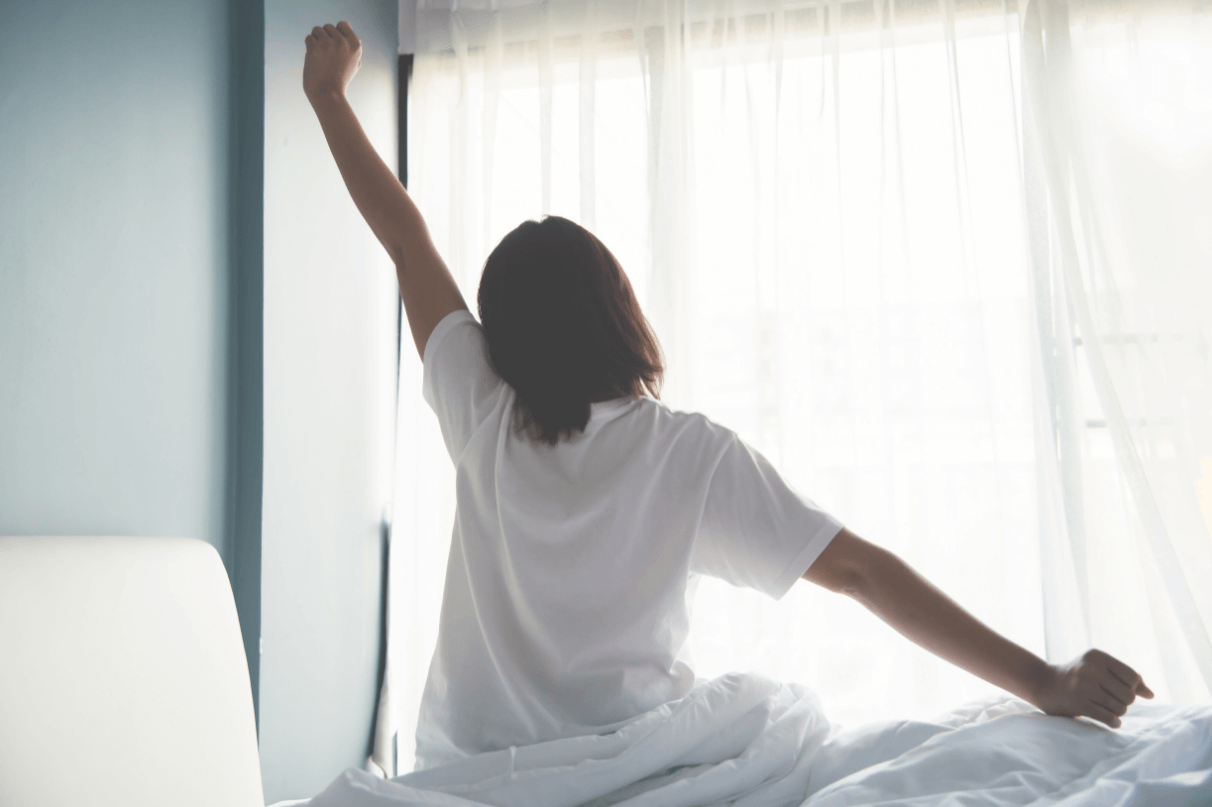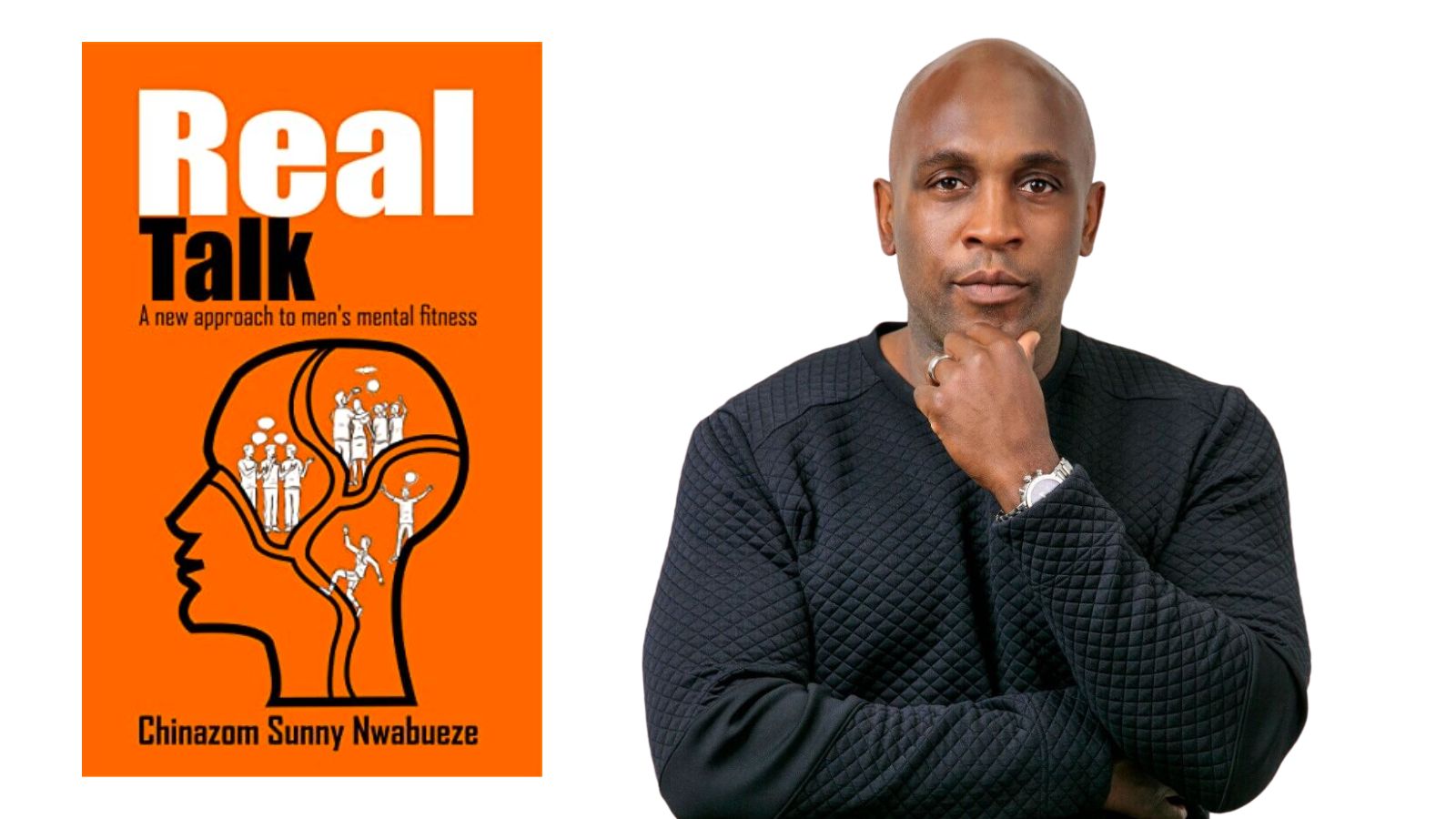
The summer holiday period is here and many of us are preparing for a much-needed trip or staycation. Whether you’ve managed to book a holiday abroad this year or you’re planning to visit friends or hire a local holiday home, it can be hard to acclimatise to an unfamiliar sleep environment, causing you to have a broken or poor quality sleep.
Here, Alison Jones, Sleep Expert at Sealy, shares her top tips for various types of holiday makers, from train-travellers to road trippers and others who might find themselves having to sleep in a strange bed.
- For those who can only ‘sleep’ at home
Whilst staycations or vacations are supposed to provide the ultimate relaxing experience, for some, sleeping away from home-comforts can cause the opposite effect. During the first few nights of a trip, sleeping in new surroundings can cause people to stay ‘alert’ and sleep lightly due to being in a different environment. Here are some tips on how to get great sleep when sleeping somewhere new.
Pack your favourite pillow
If the look and feel of a hotel or apartment keeps you awake at night, simply bring something to add that ‘home comfort’ to your holiday. Bringing your own pillow is a great way to ensure a good night’s sleep as it guarantees the comfort you’re used to. Often pillows in holiday locations vary in texture and firmness. Whilst your own pillow will ensure a comfortable place to lay your head, it will also provide the familiar aroma of home to help you relax.
Bring some earplugs
At home, we become accustomed to the surroundings, including the familiar noises that others might find strange when trying to fall asleep. Whether it’s the hourly chime of a clock or the calling of birds at 4am, the familiarity often allows us to sleep through. However, in a new environment the body is naturally alert to all unfamiliar noises. If you’re susceptible to waking from noise, try and stay in a quiet area or request a quiet room whilst booking a hotel. Bringing earplugs will also help cancel out noise and allow you to drift off more easily.
Relax with herbal tea
On holiday, many enjoy a nightcap before bed, however for those already struggling with their bedtime routine, this could make falling asleep or having a quality night sleep much harder. To get a better night’s sleep you should aim to stop drinking alcohol two to three hours before bed and switch to drinking herbal tea as this can help with winding down and relaxation. Chamomile, valerian and lavender teas are all renowned for their naturally soothing qualities, making them the ideal beverage before bed. Remember to avoid caffeinated herbal teas such as matcha and green tea – as this will have the opposite effect!
- For the road trippers
Long car journeys pose a great opportunity for those wanting to catch up on a few extra z’s. However, for light sleepers, cars often hinder the chances to slumber as the upright position and sudden movements can make it a difficult to sleep. Tight spaces can often cause an uncomfortable sleeping environment, so if you’re planning a road trip this summer, here are some sleep tips to help you rest up.
Switch up your position
Moving around periodically or switching positions can help prevent aches, pains and relieve muscle tension to prevent sleep-disturbing cramps. Get your blood flowing in your legs with gentle foot and ankle exercises, as well as moving your arms around to improve blood flow and circulation of the upper body.
Carry a cotton blanket
Cars are prone to changing temperature very quickly, heating up rapidly in the sun, and cooling down just as quickly in the dark – and that’s not even taking into consideration the air con, and the differing body temperatures of passengers. By bringing a cotton blanket, or wearing cotton clothing, you can layer up or down as necessary depending on the temperature. The breathable nature of the cotton material also helps your body to regulate its temperature better than polyester.
Bring an eye mask
At night, car journeys are full of bright lights such as headlights and streetlights, which can have a negative impact on your slumber. When humans see bright light, it stimulates a nerve pathway from the eye to the brain, which can stop us from feeling tired and make it harder to drift off. However, wearing an eye mask will help to block out these lights and help you to fall asleep, and stay asleep.
- For train travellers
Trains are a great way to travel long distances, however it’s safe to say that they don’t always provide the optimum sleeping environment. But you need not worry if you do have any long train journeys planned this summer, as these tips will help improve your chances of drifting off.
Choose your travel time wisely
Very early-morning and late-night trains tend to be less crowded. Booking your travel outside of the peak times, can raise your chances of getting a quiet carriage, meaning more peace and freedom to stretch out into a more comfortable position. Knowing you’re sleeping alone, and not in the presence of many others, will allow your body to be more relaxed, making you more likely to get a good, deep sleep.
Avoid technology
While it may be tempting to watch a film on your tablet or read on your Kindle to kill time on your journey, the blue light emitted from the screens impacts our levels of melatonin, the sleep-inducing hormone. By avoiding technology for a minimum of 30 minutes before you’re planning to rest, you can help ensure a better-quality sleep.
Dress comfortably
Travelling should always be done wearing comfortable clothes, not just for practical reasons, but when it comes to sleeping in this environment, as this helps the body to feel as relaxed as possible. By choosing loose-fitting, casual clothes such as sweatshirts, loungewear and warm socks, you’re more likely to drift off easier.



